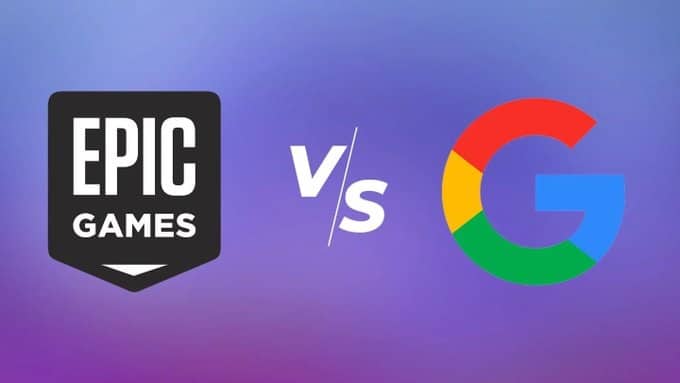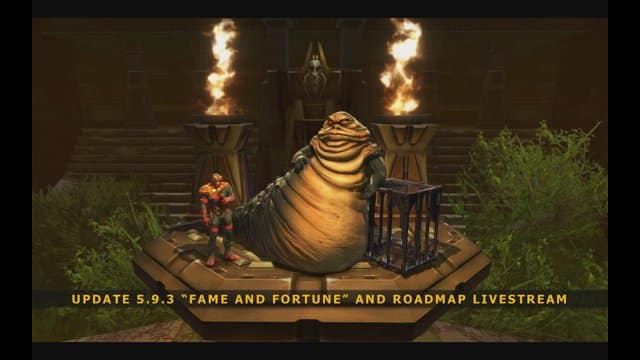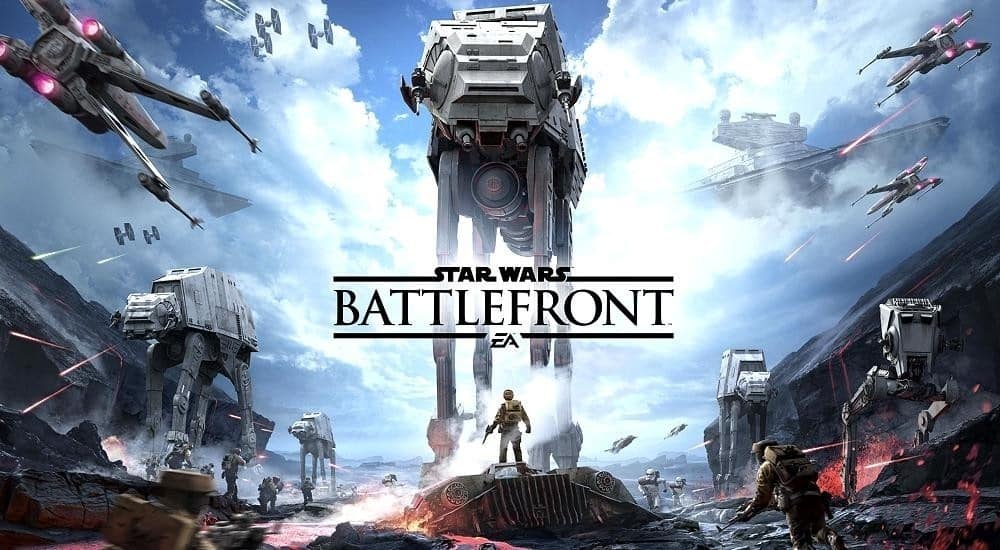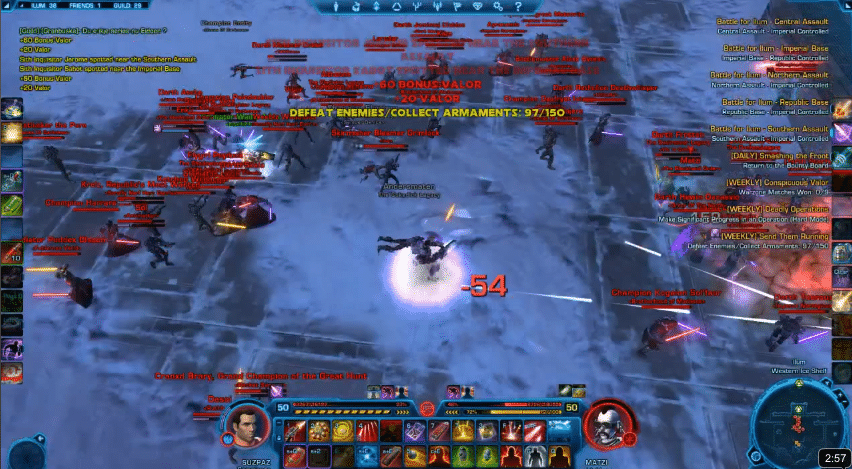In the following article, we delve into the significant legal victory of Epic Games over Google and its potential impact on the mobile gaming industry, particularly for Star Wars games. Here’s what you can expect:
- Epic’s Legal Triumph: An overview of Epic Games’ successful lawsuit against Google, challenging the monopoly of the Google Play Store.
- Jury’s Findings: Key points from the jury’s verdict, including Google’s anticompetitive practices and illegal ties.
- Implications for Game Developers: How this verdict could benefit developers of popular games, including Star Wars titles.
- Future of Mobile Gaming: The potential changes in the mobile gaming landscape, especially in terms of fees, distribution freedom, and innovation.
Join us as we explore the ramifications of this landmark decision and what it means for the future of mobile gaming and Star Wars games.
A Landmark Decision in the Mobile App Market
Epic Games, the creator of Fortnite, has achieved a significant legal victory against Google, with a jury finding that Google’s practices around its Google Play app store and Google Play Billing service constituted an illegal monopoly. This verdict, delivered after a three-year legal battle, marks a historic moment in the mobile app market, particularly affecting game developers and consumers worldwide.
Key Findings of the Jury
- Monopoly Power: The jury unanimously agreed that Google holds monopoly power in the Android app distribution and in-app billing services markets.
- Anticompetitive Practices: Google was found to have engaged in anticompetitive behavior, harming Epic Games and other developers.
- Illegal Ties: The verdict identified an illegal tie between Google Play app store and its Google Play Billing payment services.
- Project Hug and OEM Deals: Google’s distribution agreement, Project Hug deals with game developers, and agreements with Original Equipment Manufacturers (OEMs) were deemed anticompetitive.
Epic Games’ Stance
Epic Games hailed the verdict as a victory for app developers and consumers, emphasizing that Google’s practices stifled competition and innovation while abusing monopoly power to impose high fees.
Google’s Response and Future Plans
Google, expressing disagreement with the verdict, plans to appeal. The company maintains that Android and Google Play foster choice and openness, competing fiercely with Apple and other app stores.
Implications for Star Wars Games and Mobile Gaming
The verdict could have far-reaching implications for game developers, including those behind popular Star Wars titles. If the court mandates changes to Google’s app store policies, it could lead to:
- Lower Fees: Developers might benefit from reduced fees, increasing their revenue from popular titles like Star Wars games.
- More Distribution Freedom: Developers could gain the freedom to introduce their own app stores and billing systems on Android, offering more choices to consumers.
- Increased Innovation: The verdict might encourage more innovation in mobile gaming, as developers could invest more in game development with potentially higher earnings.
Looking Ahead
The final outcome and remedies will be decided by Judge James Donato in January. Although Epic didn’t seek monetary damages, the potential changes to Google’s app store policies could significantly impact the mobile gaming landscape, including the development and distribution of Star Wars games.
Conclusion
Epic Games’ legal victory over Google is a pivotal moment in the mobile app market, with potential benefits for game developers and consumers. The Star Wars gaming community, along with the broader mobile gaming industry, will be closely watching the developments and the eventual implementation of any court-mandated changes.
FAQ: Epic Games vs. Google Lawsuit
1. What was the Epic Games vs. Google lawsuit about?
- The lawsuit centered on Epic Games’ allegations that Google’s practices around its Google Play app store and Google Play Billing service constituted an illegal monopoly, stifling competition and innovation in the app market.
2. What were the key findings of the jury?
- The jury found that Google holds monopoly power in the Android app distribution and in-app billing services markets and engaged in anticompetitive behavior that harmed Epic Games and other developers.
3. What specific practices of Google were deemed anticompetitive?
- Practices such as the illegal tie between Google Play app store and Google Play Billing, Project Hug deals with developers, and agreements with OEMs were identified as anticompetitive.
4. What was Epic Games’ main argument in the lawsuit?
- Epic Games argued that Google’s practices abused its monopoly power, stifled competition, and imposed high fees, which harmed developers and consumers.
5. How did Google respond to the verdict?
- Google expressed disagreement with the verdict and plans to appeal. The company argues that Android and Google Play foster choice and openness in the market.
6. What are the potential implications of this verdict for mobile gaming?
- The verdict could lead to reduced fees for developers, more distribution freedom, and increased innovation in mobile gaming.
7. How might this decision affect Star Wars games and other popular titles?
- Developers of popular games like Star Wars titles might benefit from reduced fees and greater freedom in app distribution and billing, potentially leading to more investment in game development.
8. What happens next after the verdict?
- The final outcome and remedies will be decided by Judge James Donato in January. The court’s decision on the implementation of changes to Google’s policies will be crucial.
9. Did Epic Games seek monetary damages in this lawsuit?
- No, Epic Games did not seek monetary damages but rather changes to Google’s app store policies to foster a more competitive and open app market.
10. Will this verdict affect Google Play Store’s policies immediately?
- Immediate changes to Google Play Store’s policies are unlikely until the final court decision and the implementation of any mandated changes.








